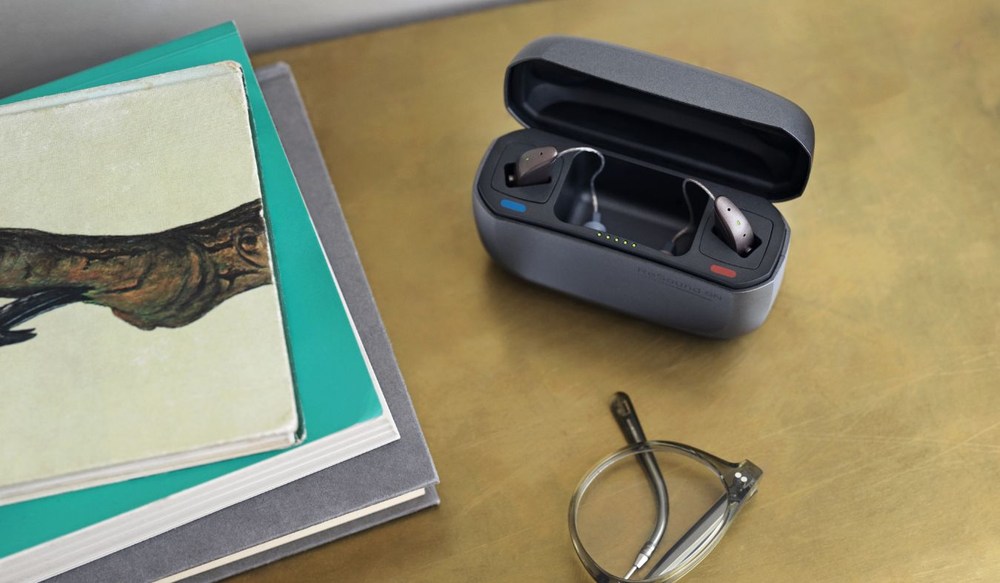The Benefits of Biometric Feedback in Hearing Aids
Hearing aids have come a long way from being simple sound amplifiers –


Hearing aids have come a long way from being simple sound amplifiers –

You might be surprised to learn that your ears do more than help you hear

Pets and hearing aids are both important to your daily happiness – your